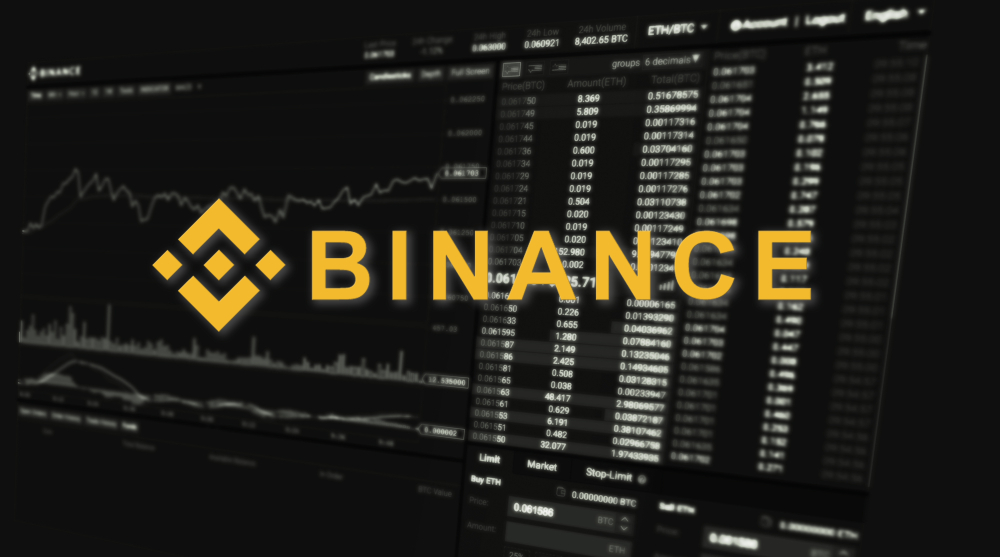The crypto tax season is upon us, and all companies (including crypto firms) must prepare. Tax season can be confusing and stressful for novice and experienced crypto users.
Binance, the world’s leading cryptocurrency exchange, announced the launch of a tax recording tool to help its customers keep accurate records of their digital currency transactions for taxation reporting purposes. The Tax tool lets customers quickly generate a tax summary report containing their profits and losses from their Binance accounts, including crypto gifts, spot trades, and blockchain-based fork rewards.
Furthermore, the tool streamlines the tax filing process for cryptocurrency profits and losses by allowing users to easily generate and export the necessary data. With just a few simple clicks, customers can now generate an accurate and comprehensive report for the year, which they can use for reporting purposes.
The firm cited a developing number of questions from users about their tax obligations as the motivation for launching this tool. Binance Tax is in a trial period in France and Canada before the exchange extends its use to other nations in the Binance ecosystem later in the year.
Currently, it is only accessible for info held on the Binance platforms. However, the firm’s team indicates they are looking to expand to integrate with other venues in the sector in the foreseeable future.
This tool launch is happening one month after Binance declared its involvement in an association to comply with global sanctions. Over the past year, international regulators have taken a closer look at the cryptocurrency sector, especially after the FTX debacle that shook the industry last November.
Stricter Regulations For Crypto Industry
In response, Thailand’s SEC has proclaimed that it will strengthen regulations to ensure that investors are adequately protected. Besides Thailand, other countries, such as South Korea and the Netherlands, have taken steps towards more stringent crypto regulations.
Several exchanges have been investigated in South Korea for failing to comply with local laws. Likewise, Dutch regulators have ensured that the crypto industry follows its rules.
Also, US regulatory authorities have taken a keen interest in cryptocurrency. In December, the US Securities and Exchange Commission (SEC) issued a statement calling on firms to disclose their exposure to crypto bankruptcies and associated risks.
Recently, the office of the Treasury Department’s Office of Foreign Assets Control (OFAC) and the cryptocurrency exchange Kraken agreed to a settlement after the crypto firm violated compliance regulations. Furthermore, the chair of a House committee recently reintroduced a bill regarding cryptocurrency innovation that would allow companies to seek an “enforceable compliance agreement” with federal agencies.
These heightened regulations are being implemented to ensure that investors are protected and that the industry operates fairly and transparently. Many industry analysts agree the crypto sector can become more secure and reliable for investors and businesses with strict regulatory policies.
